From fan to favourite: Primoz Roglic's Giro d'Italia journey
Exclusive interview with Slovenian ahead of career-first Grand Tour leadership role
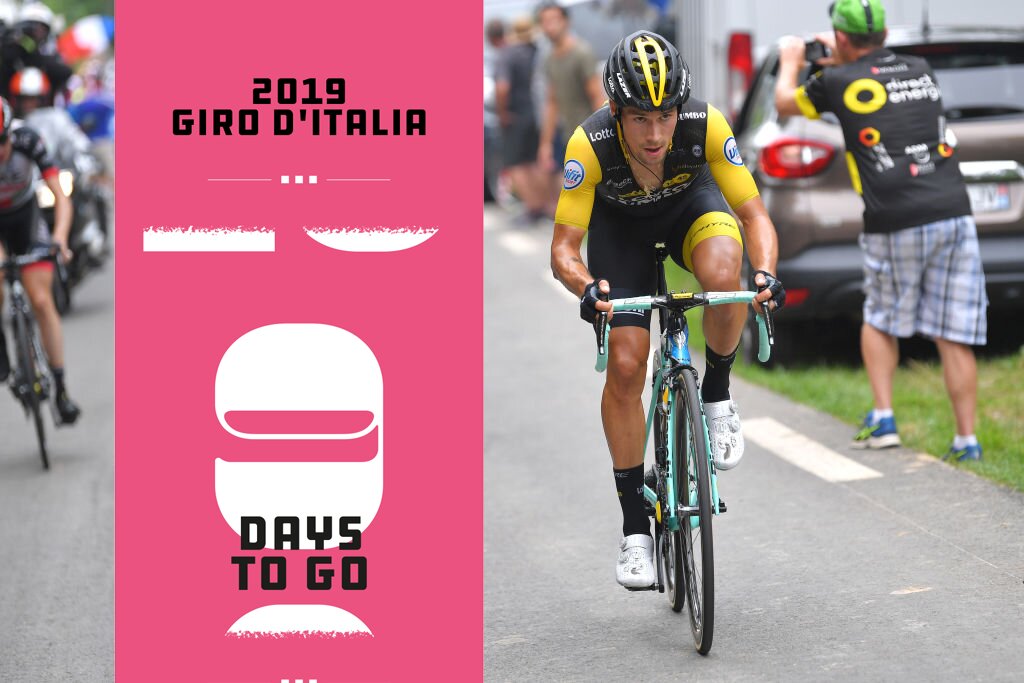
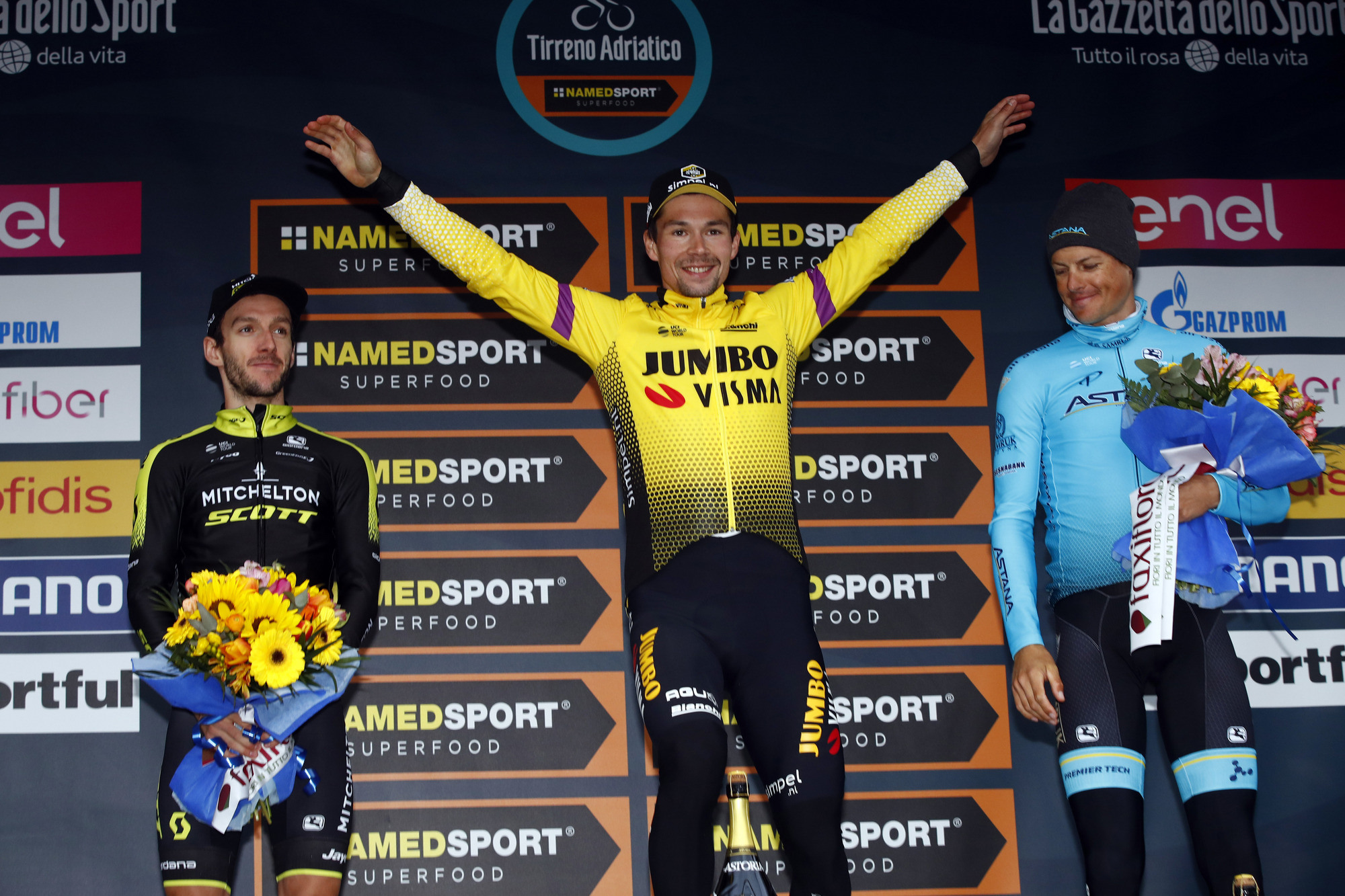
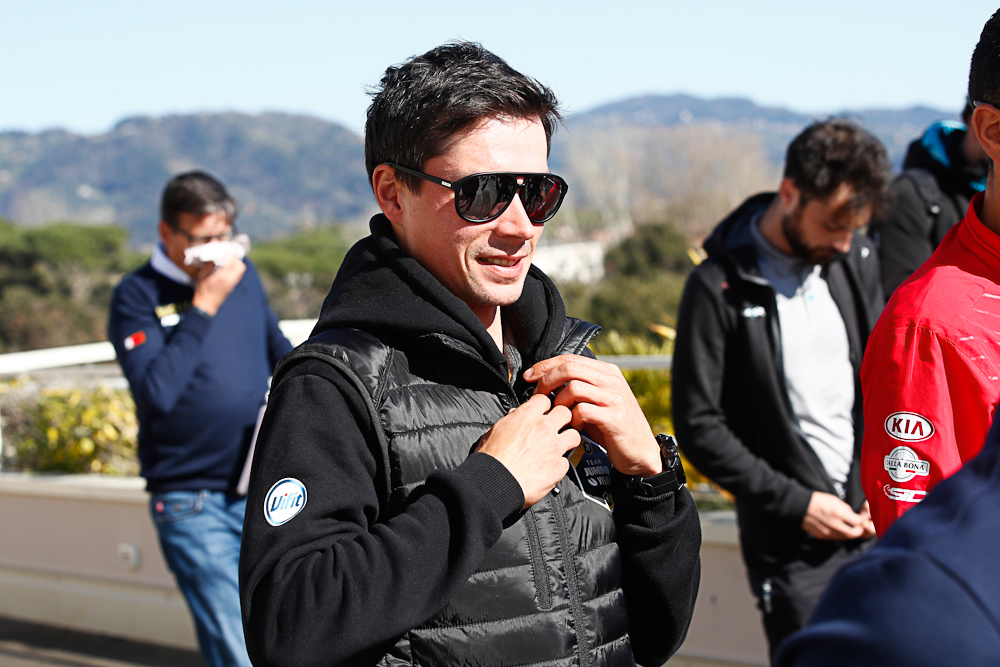
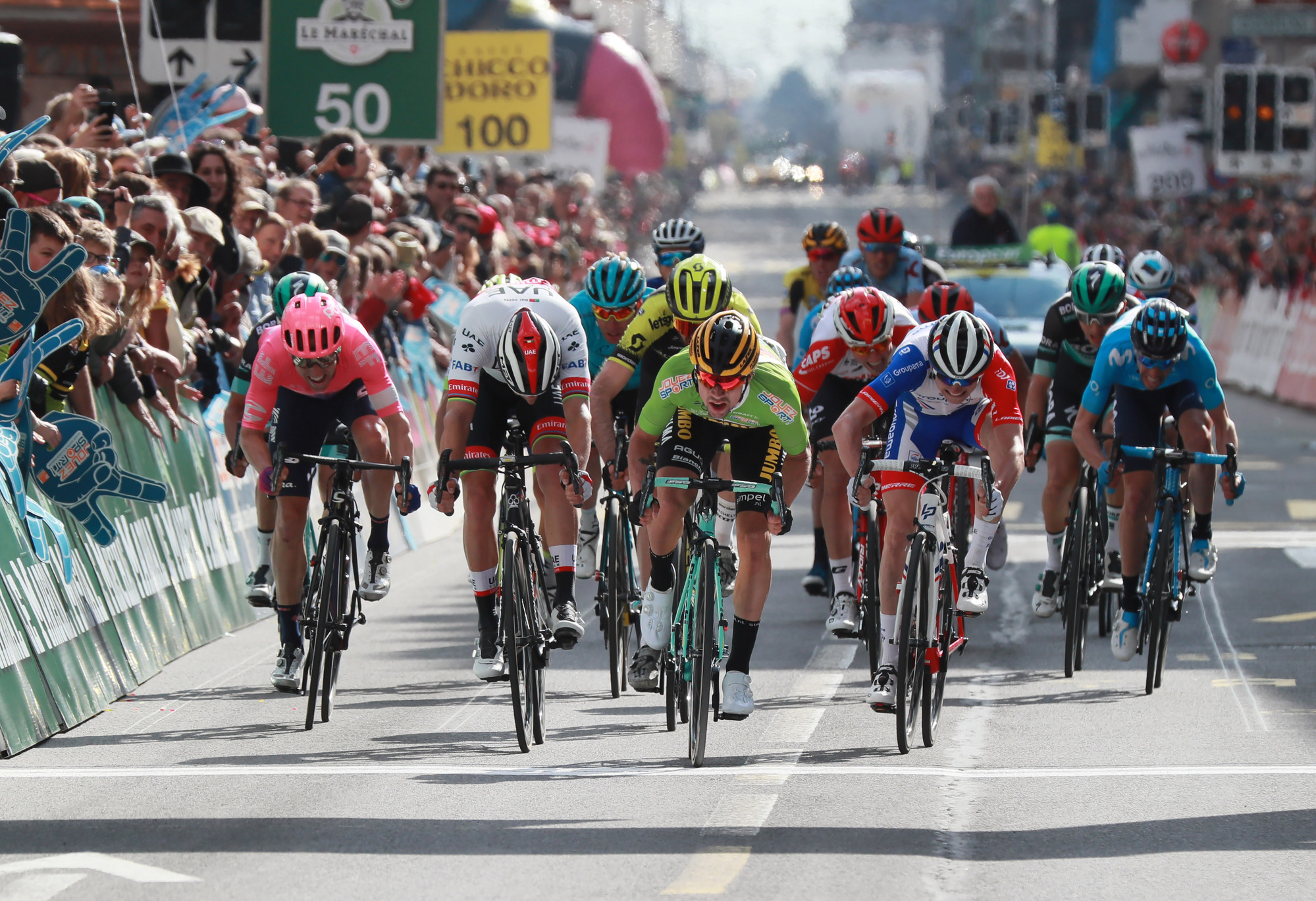
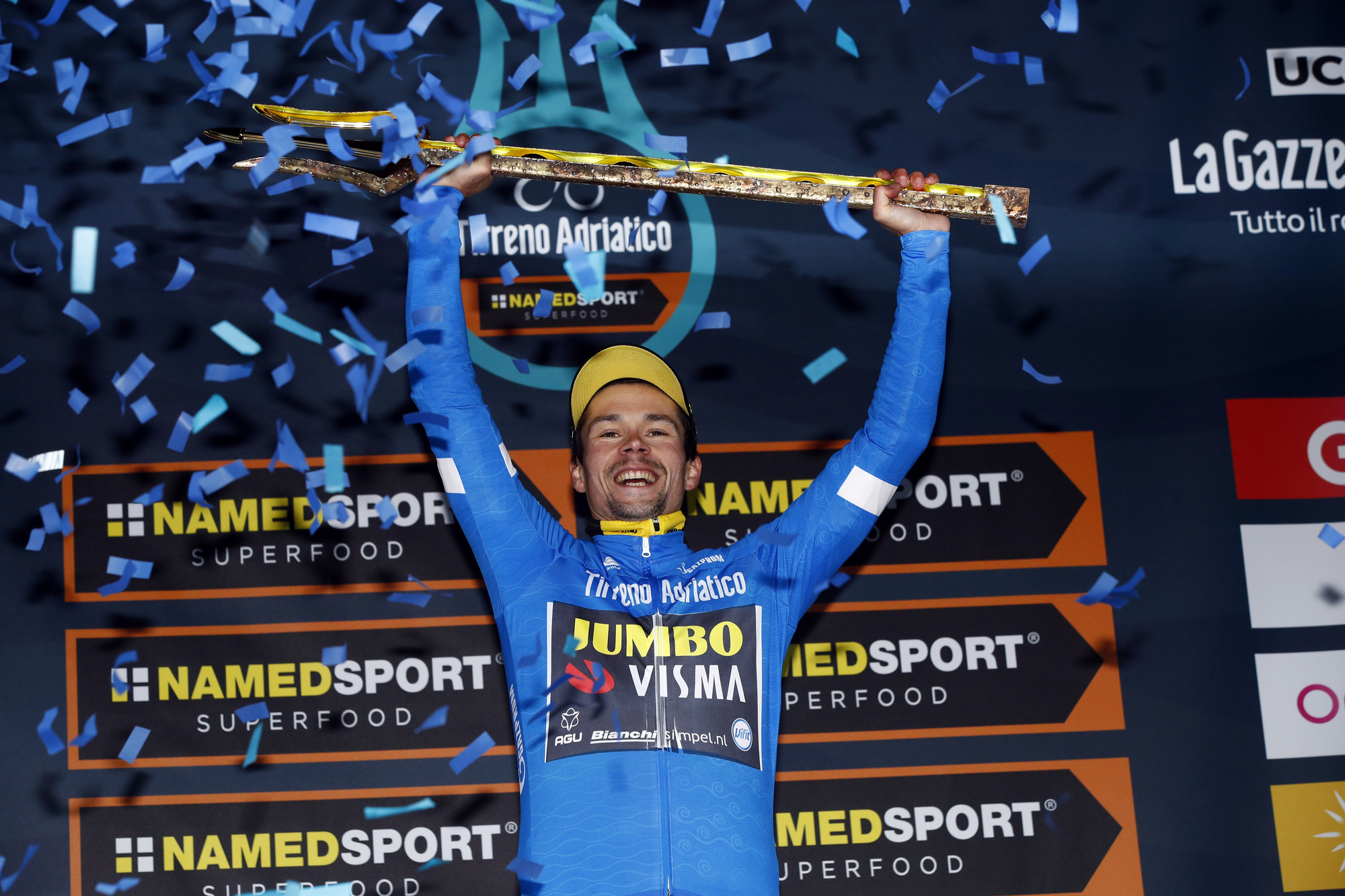
It's hard to believe that it's only been six years since Primoz Roglic drove and then rode across north-western Slovenia to the stage finish of the Giro d'Italia at Altopiano del Montasio to see his first Grand Tour in person.
"I remember it very well," Roglic tells Cyclingnews. "It was a very steep finish, and Rigoberto Urán won. I was standing there with the other fans when the riders went past. Wow.
"Then I went over to Kranska Gora [the nearest town, in Slovenia -ed] by car with my bike in the back, because a lot of teams were staying there and then I saw Cadel Evans and all these guys there from the Giro."
The Jumbo-Visma rider half-gurgles, half-snorts with laughter when asked if he ever thought one day he'd be amongst the Giro peloton himself, and finally manages to splutter out a two-word answer: "Ha. No."
A lengthier explanation and qualification follows: "At the time I was riding a bike and dreaming about it. So, OK, make that, 'Yes and no.' I was thinking about it, because in sport, you're always looking forward, thinking about what you can do in the future."
Three years later, though, what you could call simple wishful thinking from any amateur had become reality, and Roglic was in the Giro peloton. But, he says, he didn't feel any sense of triumph at the time at having crossed over the invisible barrier between the roadside fans and the Giro stars themselves.
"You've barely got time to celebrate anything in sport because as soon as you've done something, you have to put it in the past and move on. Otherwise you're finished," he says.
Get The Leadout Newsletter
The latest race content, interviews, features, reviews and expert buying guides, direct to your inbox!
"Of course, there are things you have to be proud of, though – like this season. Even before the Giro, I've already had some nice results, but you have to keep riding hard."

Those "nice results" for Roglic's pro career as a whole, of course, started at the 2016 Giro d'Italia, when Roglic won the time trial in Chianti. At the time, he was riding his first-ever three-week stage race, and that was his first WorldTour victory. In other words, Roglic went straight in at the top.
To get an idea of how fast he was accelerating through the levels of professional racing back in 2016, the year before, in May, at the same time as the Giro, Roglic was taking part in the much lower-profile Tour of Azerbaijan [and in case you're wondering, he won it]. No disrespect to Azerbaijan's premier stage race, but to be thrown into the much deeper waters of the Giro a year later in his first year at WorldTour level, and not only finish it but take a stage win, didn't just make a lot of cycling fans sit up in surprise; it also understandably gave the Italian Grand Tour a special place in Roglic's memories.
Not that Roglic was in much of a position to appreciate the Giro d'Italia at the time; he was too busy simply surviving.
"I don’t know what it's like for other people but, for me, doing a Grand Tour for the first time was a really hard experience. I didn't know anything," he recalls.
"I was so inexperienced. I had no idea what a 'rest day' was, or even why it happened. Sometimes I had a real fight just to get through a stage, and I was so close to the limit."
The low point came, he says, on the stage immediately after the second rest day: "I was feeling so bad, and had to go really deep, right from the start, sprinting for the finish to stay inside the time limit. But then it gradually got better. So, a little up, a little down, up, down.
"Like I always say," he concludes with a wry grin, "every race is different."

Now a favourite
Fast forward six years from the 2013 Giro and three years from his debut, and Roglic is in an utterly different place regarding the Italian Grand Tour. There may be reminders of his former ski-jumping career all around him – this interview takes place in a snowbound Sierra Nevada ski station, and he admits to enjoying seeing people doing his previous sport so close to hand – but, at 29, Roglic is now a major contender for the overall victory at this year's Giro.
Even though his top results ever since he joined the WorldTour might belie that, when it comes to GC leadership and contention, Roglic is a firm believer in running before he can walk.
"The biggest challenge will be how I can lead the [Jumbo-Visma] guys," Roglic reflects, "and what we can do in those few weeks. It's my fourth Grand Tour, and my second Giro, but it's my first time as a leader. Cycling isn't just about what you can do alone, and the biggest challenge is to have a strong team around you when leading that team."
As for actual results, he simply refuses to put a limit on what he can do. When asked if he can win the Giro, he answers with a logical, but non-committal, "It's possible."
Roglic's caution at predicting future events is perhaps understandable given that, at the time of the interview, he is sitting only a few kilometres away from the scene of a crash that had consequences that could have wrecked his 2018 Tour de France. It didn't, but it nonetheless played a large part in ruining his second part of the season, in a way nobody had foreseen.
"It was a really shit crash – quite a stupid one. I took a corner way too fast, there was some gravel on the corner, and I went off the road," he recalls.
He rode the Tour with some fragments of stones embedded in his elbow from the impact of the fall.
"They had to cut it open because I still had some pain," he recounts. "So they took some more stones out, and [at first] I felt a lot better."
However, things worsened again when the wound became infected.
"So they had to open it up again, and that's why I didn't go to do the Worlds time trial" – where he had taken silver the year before – "because I couldn't train anymore because of my elbow."
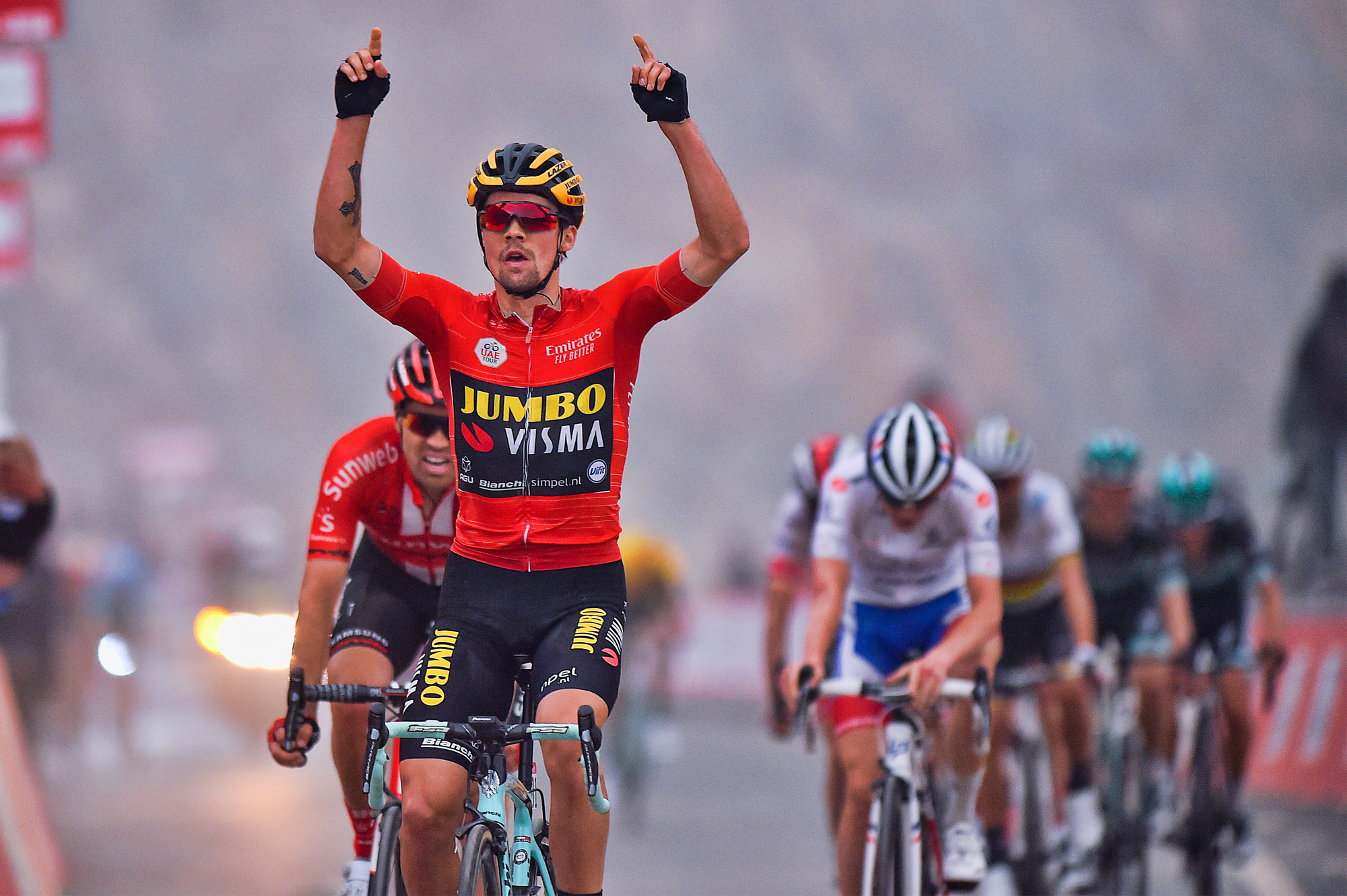
If 2018, ended on a lowish note, this year, in any case, could hardly have gone better so far for Roglic. His victories at the UAE Tour and then at Tirreno-Adriatico, making it two triumphs in the only two stage races he rode before the Tour de Romandie, are a remarkable 'hit rate'.
At Romandie, he is currently leading the race overall, having finished second in the prologue and won the opening road stage. The string of results confirm what we already knew from last year: in week-long stage races, the Slovenian is a surefire guarantee of success.
As for three-week stage races, last year Jumbo-Visma were the only team to look as if they collectively might threaten Sky's stranglehold on the Tour, while Roglic's fourth place overall came despite his lack of protected status in the first part of the race. With a leader's role from day one at the Giro d'Italia, plus the absence of an injured elbow, there's certainly reason to hope for a better result. Key to it all, though, is the route. Roglic himself points to the three time trials, all of them difficult – and therefore more suited to him – as his trump cards in the Giro d'Italia. Then his weakest point, a lack of experience, is steadily diminishing.
"Of course there are still a lot of unknown things out there for me, but everybody is learning – not just me – and the pool of things gets smaller and smaller, and it gets easier and easier to manage," he reasons.
He doesn't discard the Tour de France afterwards, but is clear about what he has to do first.
"It's possible, but it's all about the Giro for now. I'll focus on that, get to that last day, and then we'll see."

For Slovenia, too, the Giro has taken on a huge level of importance, partly thanks to Roglic, who says he finds himself getting stopped more and more on the streets for selfies and autographs.
"They've got 21 days in a Grand Tour to find out it's happening," he says with a grin and another flash of his quiet humour. "That gives everybody time to realise what's going on. Besides, cycling is more and more popular. In almost every race there is a Slovenian taking part now. Somehow we're making cycling history in Slovenia."
But the Giro has a special place for Roglic and for his country, not least because there have been several visits by the Giro to Slovenia in the last 20 years, although Roglic has no recollection of the Giro finishing in its capital, Ljubljana, back in 2001, when he was 11.
"I had no idea that cycling existed," he says, flatly.
However, the proximity of the Giro, just across the frontier, makes it a permanent sporting fixture for the Slovenians. Roglic says he's counting on a lot of local support as he heads back to his Grand Tour roots in the race where, in terms of his WorldTour career, it all began.
"There are no stages in Slovenia itself, but the start and finish of the Giro, at Bologna and Verona, are quite close to the border, so we should have quite a few fans coming over," Roglic says.
The Giro is the hardest Grand Tour there is around, particularly this year's profile, and that's partly why it's such a good feeling when you can be good at it.
"But for me, the thing that's really cool about the Giro is that Slovenia has a border with Italy. Somehow, that makes the Giro my home race."
Alasdair Fotheringham has been reporting on cycling since 1991. He has covered every Tour de France since 1992 bar one, as well as numerous other bike races of all shapes and sizes, ranging from the Olympic Games in 2008 to the now sadly defunct Subida a Urkiola hill climb in Spain. As well as working for Cyclingnews, he has also written for The Independent, The Guardian, ProCycling, The Express and Reuters.
